90% of UK hospitals still use Windows XP-based machines
2 min. read
Published on
Read our disclosure page to find out how can you help Windows Report sustain the editorial team. Read more
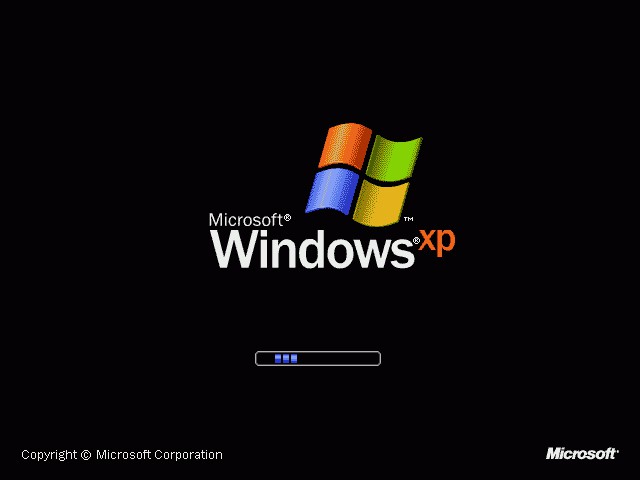
Windows XP may have long been ditched in a vast number of computers, but Microsoft’s antique desktop operating system currently remains in use in most UK hospitals. According to software company Citrix, 9 out of 10 hospital trusts under the National Health Service are still clinging to Windows XP.
That’s after more than two years since Microsoft ended life support for the OS. Citrix revealed the findings based on information from 42 NHS trusts that responded to the company’s Freedom of Information requests. A total of 63 hospital trusts received the FOI request.
The NHS trusts cited old applications and devices that are not capable of supporting the newer versions of Windows as the main reason for retaining Windows XP. According to Citrix, 14% of the respondents said they are on track to transition to a new operating system by the end of 2016 while 29% said they would do the same some time in 2017. The rest of the trusts remain unsure about when their organization will replace Windows XP.
Security woes
In 2014, Citrix also sent FOI requests to NHS trusts who were still using Windows XP back then. Three-fourth of the 35 respondents said they would relinquish Windows XP by March 2015. Citrix believes now is the time to make the switch to a new operating system as a matter of course, especially as the health care sector accounts for the majority of data security breaches across public services. Along with the end of support for Windows XP, Microsoft also stopped pushing out free security updates to the OS, unless organizations are willing to pay for custom support.
In October of this year, an NHS trust in England halted all of its IT systems after a virus compromised its electronic systems. Last January, one of Melbourne’s largest hospital networks suffered from a major cyber attack on its machines running Windows XP, compromising the delivery of meals and pathology results.
Health care data remain the favorite target of cyber criminals as personal identities and medical histories of patients can last for a long period. As a result of medical data breach, many patients will suffer personal financial loss.

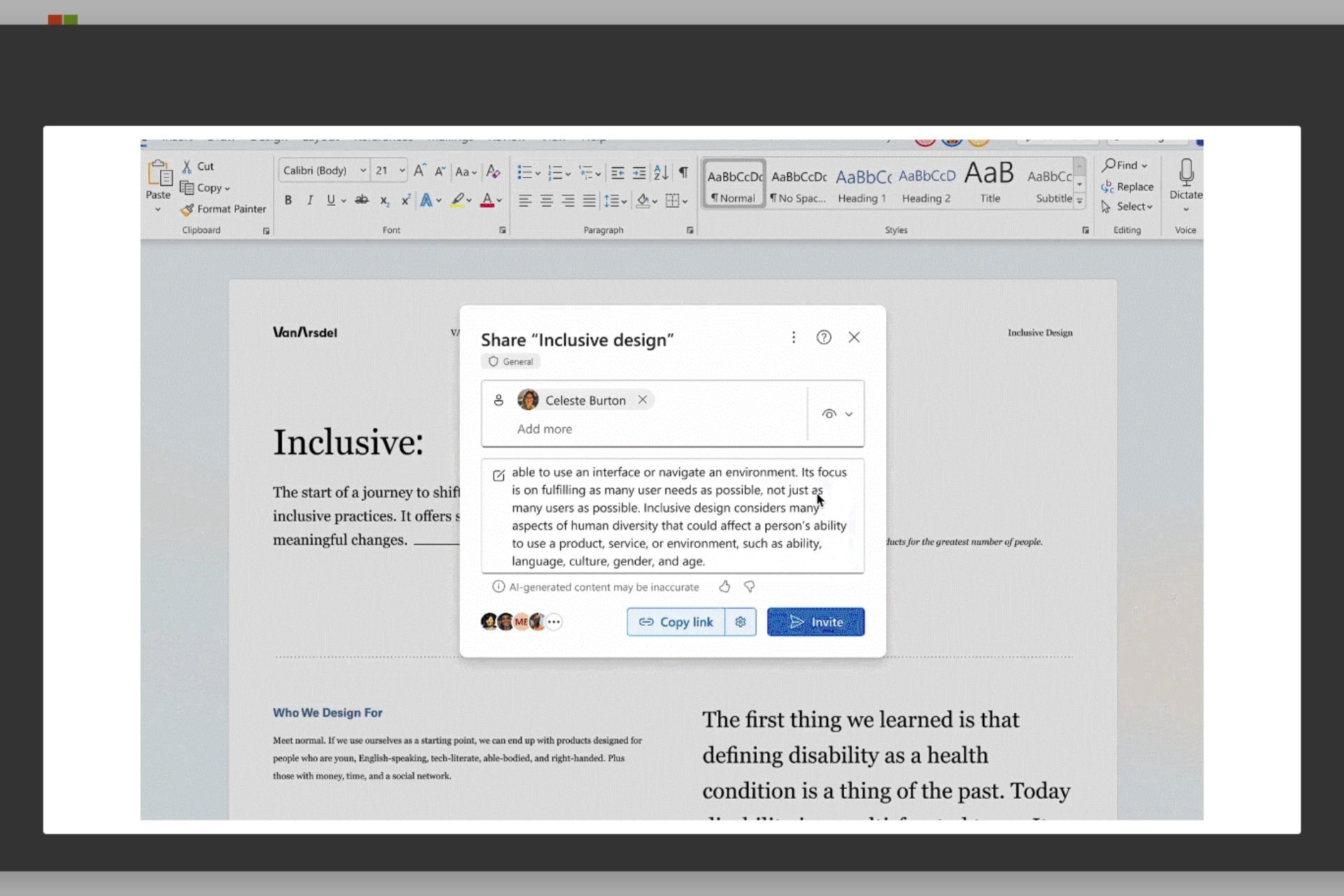

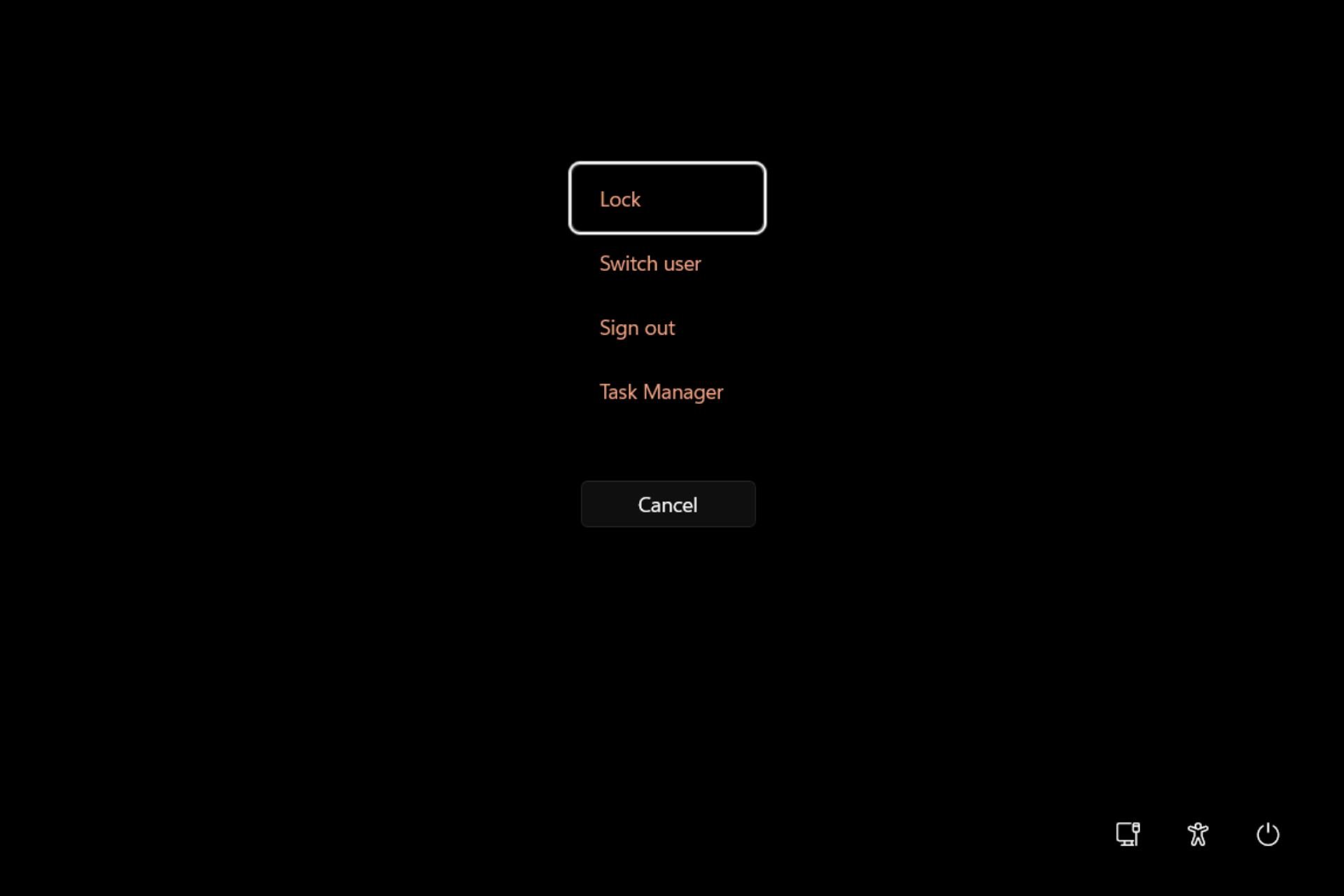
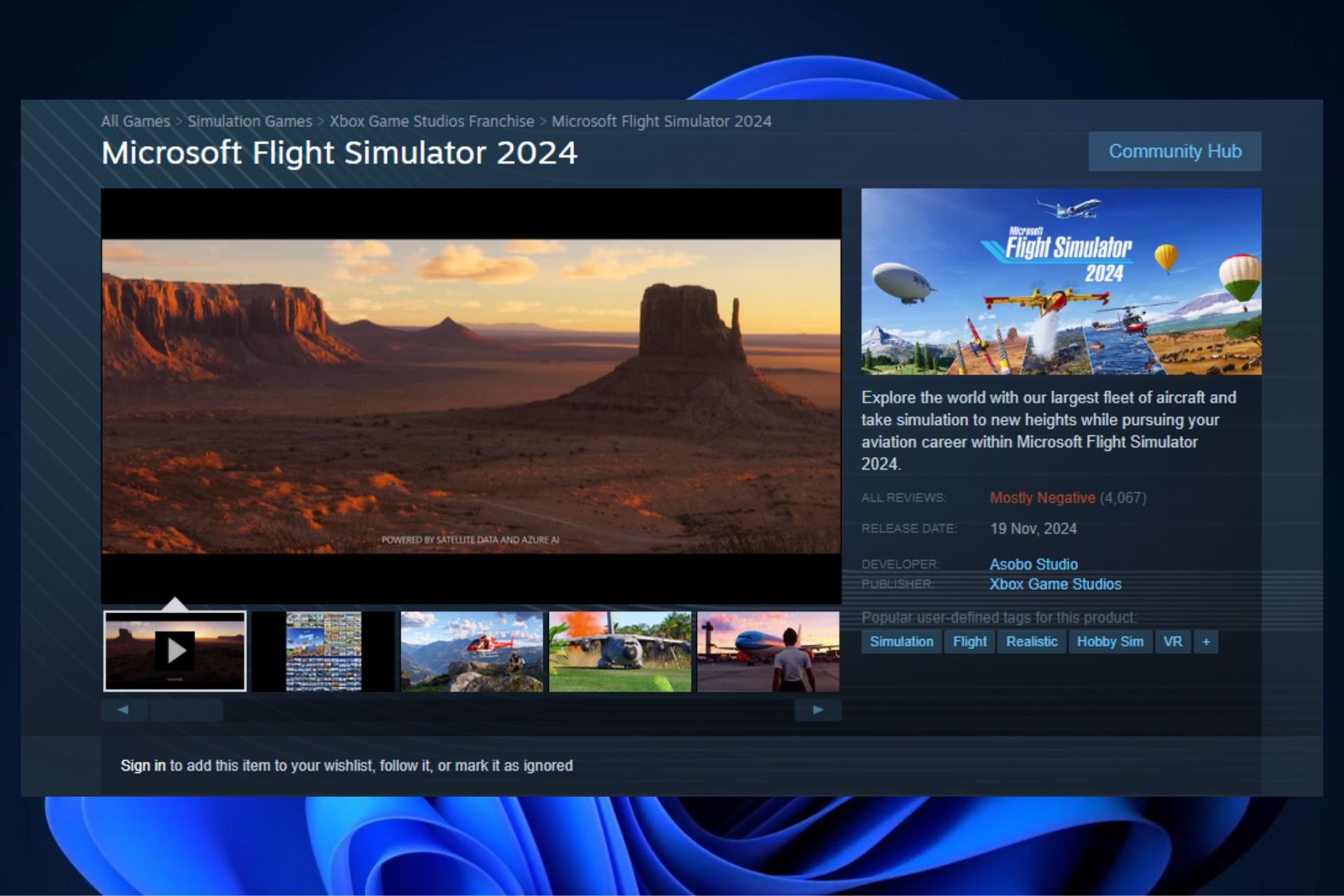
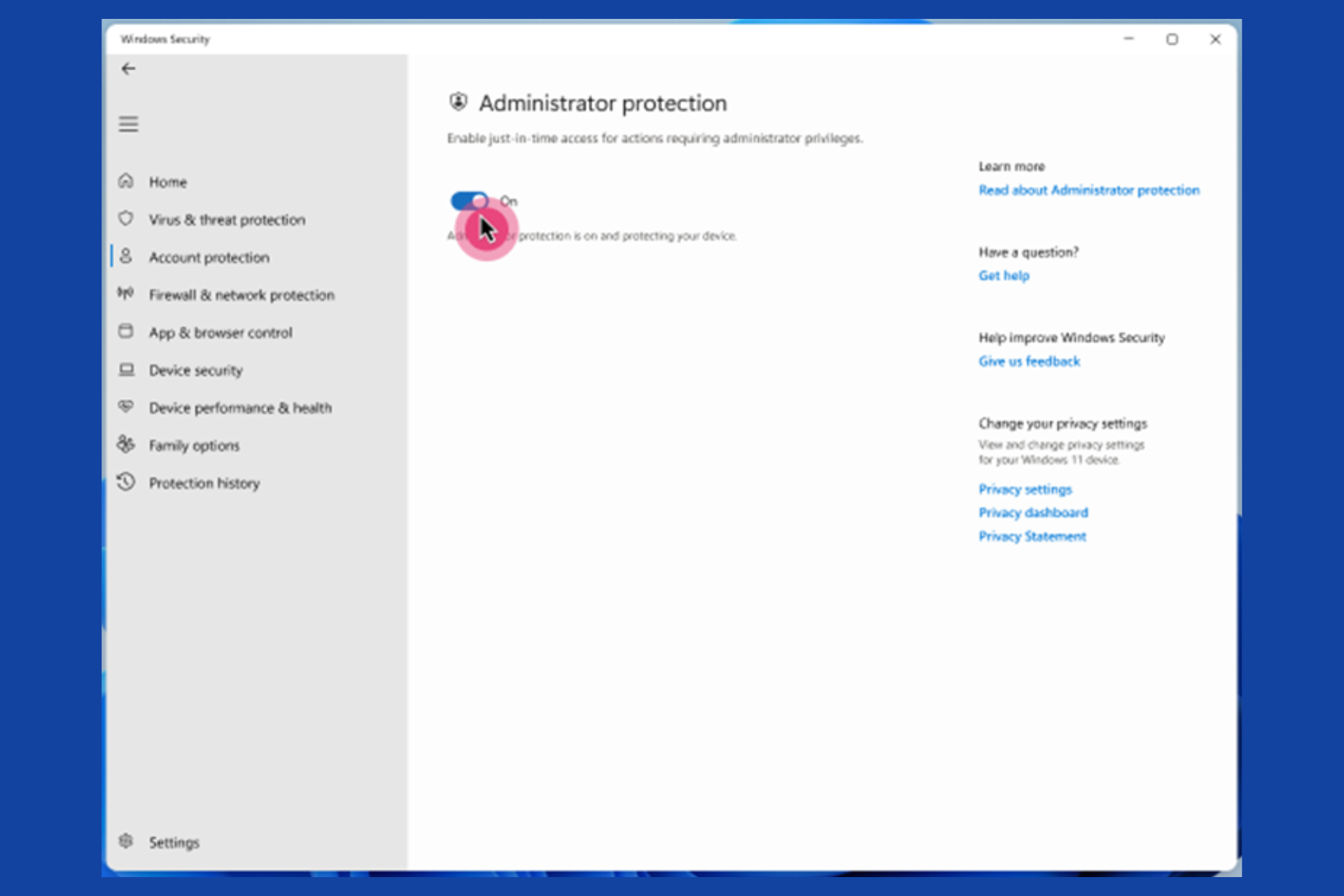
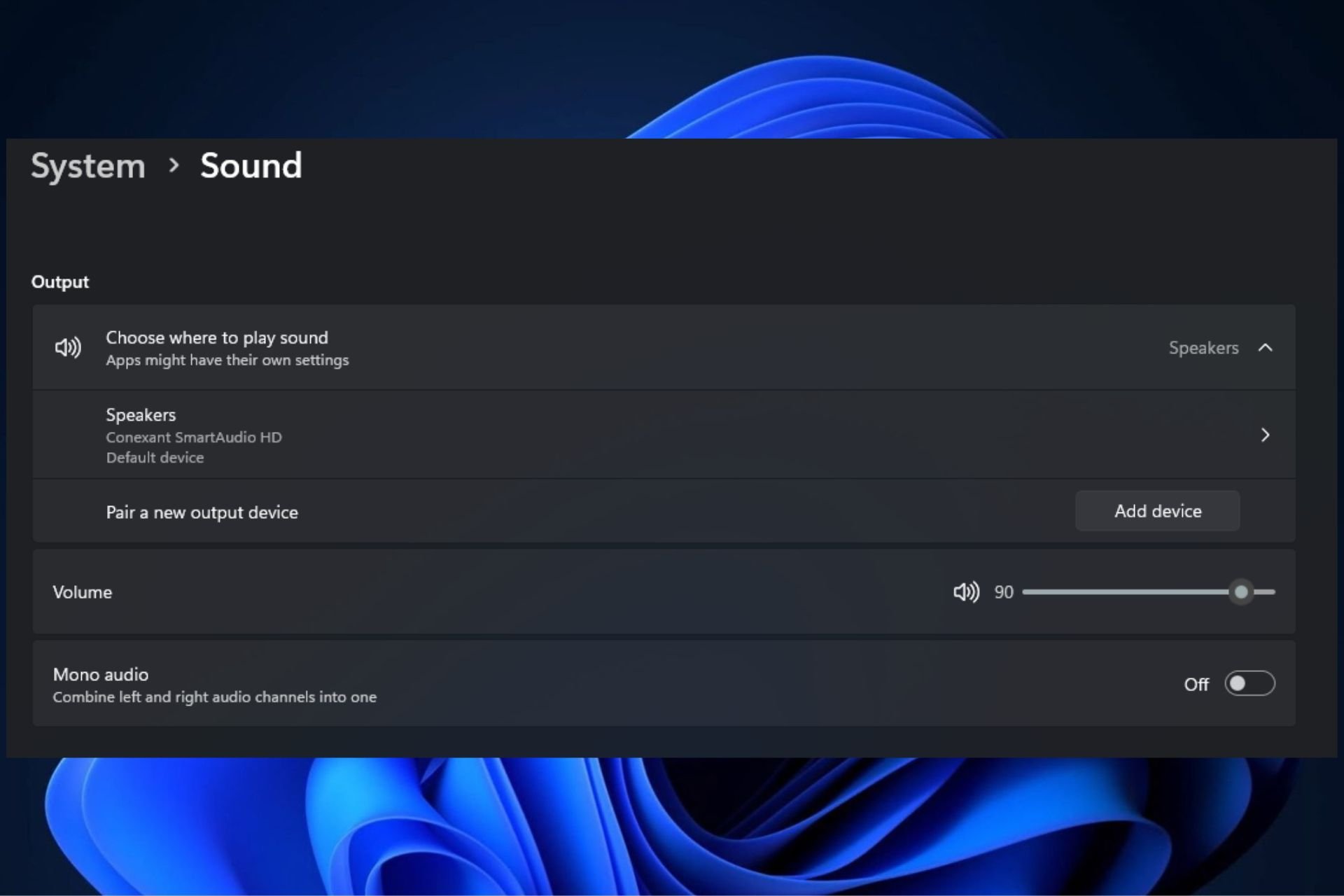
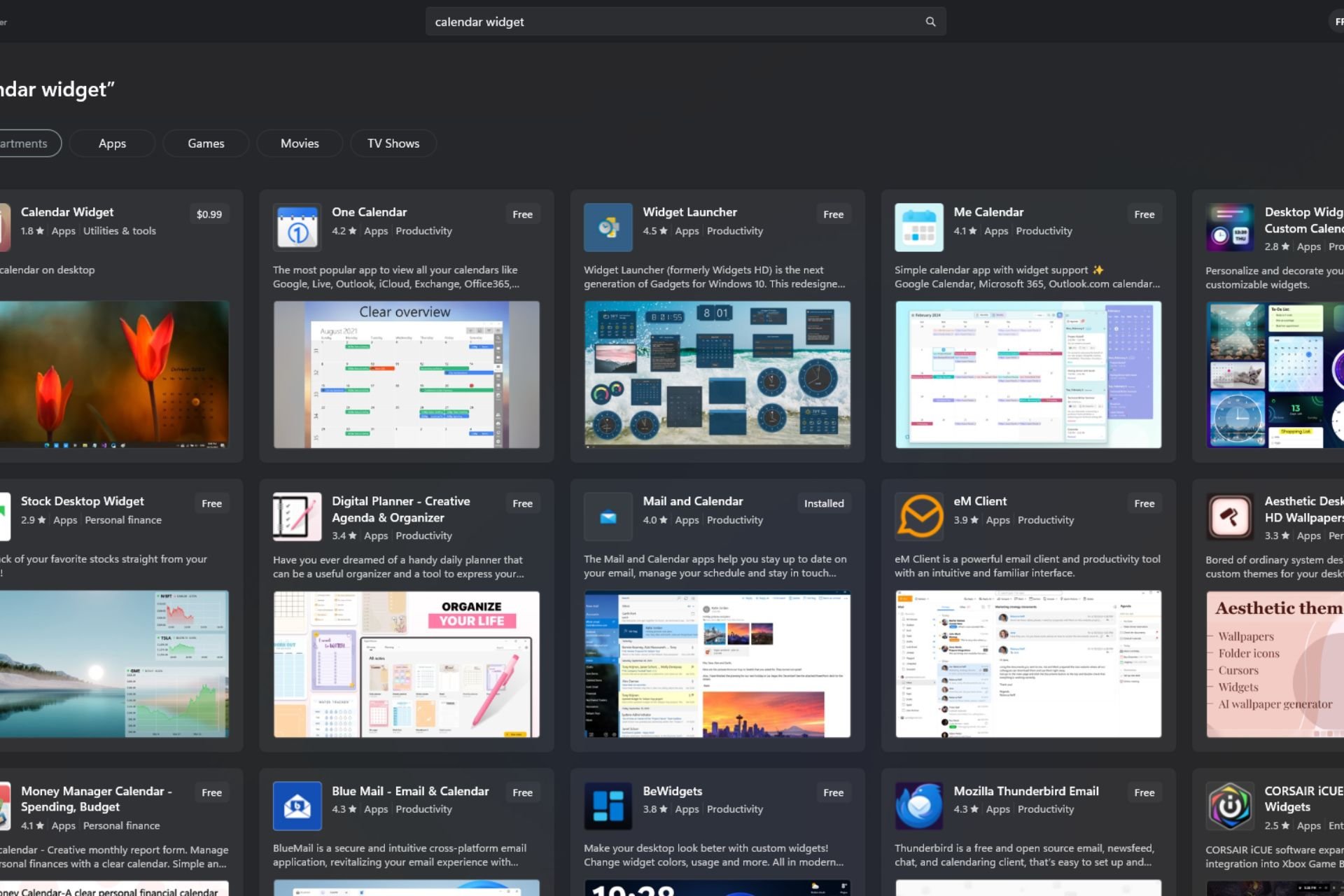
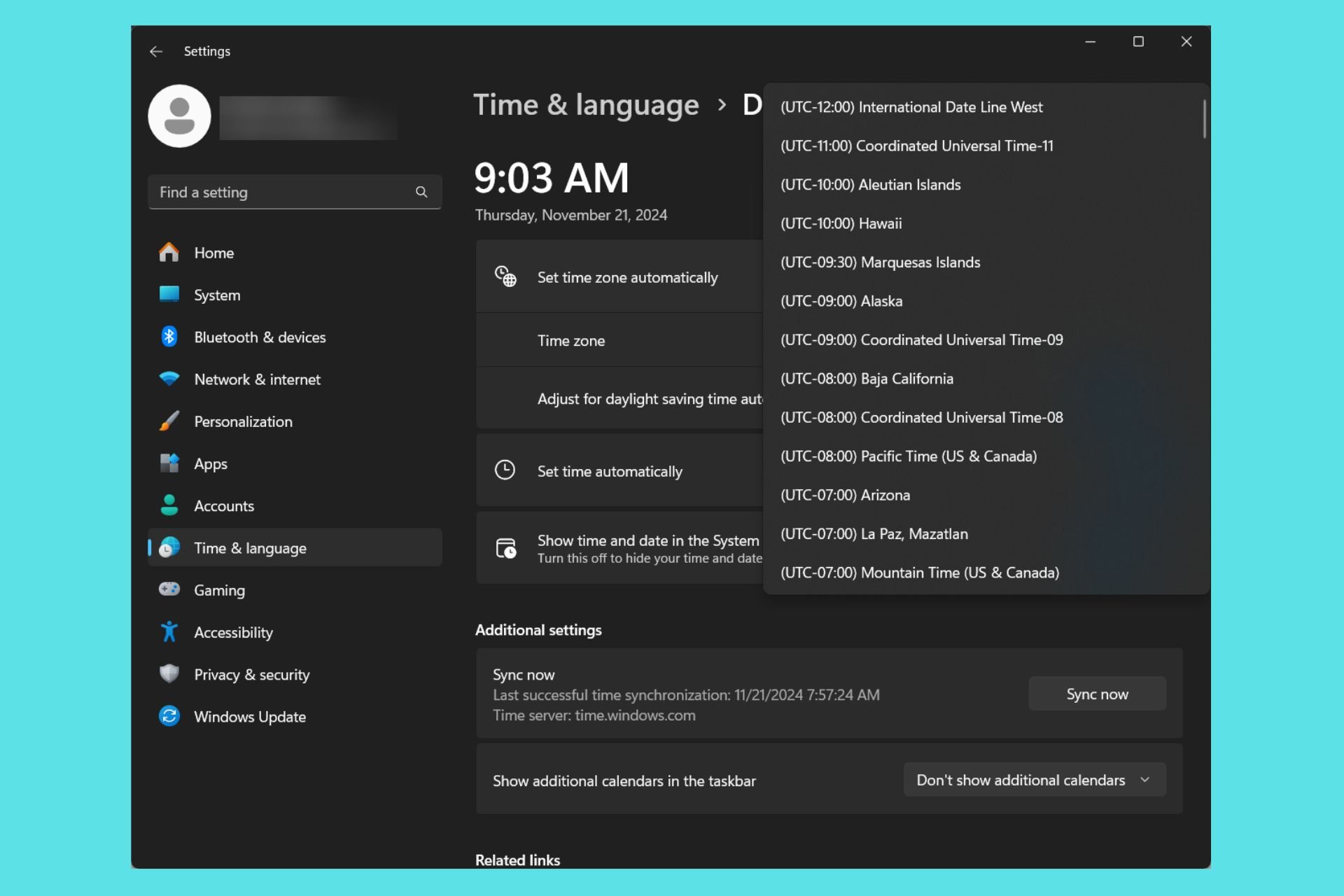
User forum
0 messages